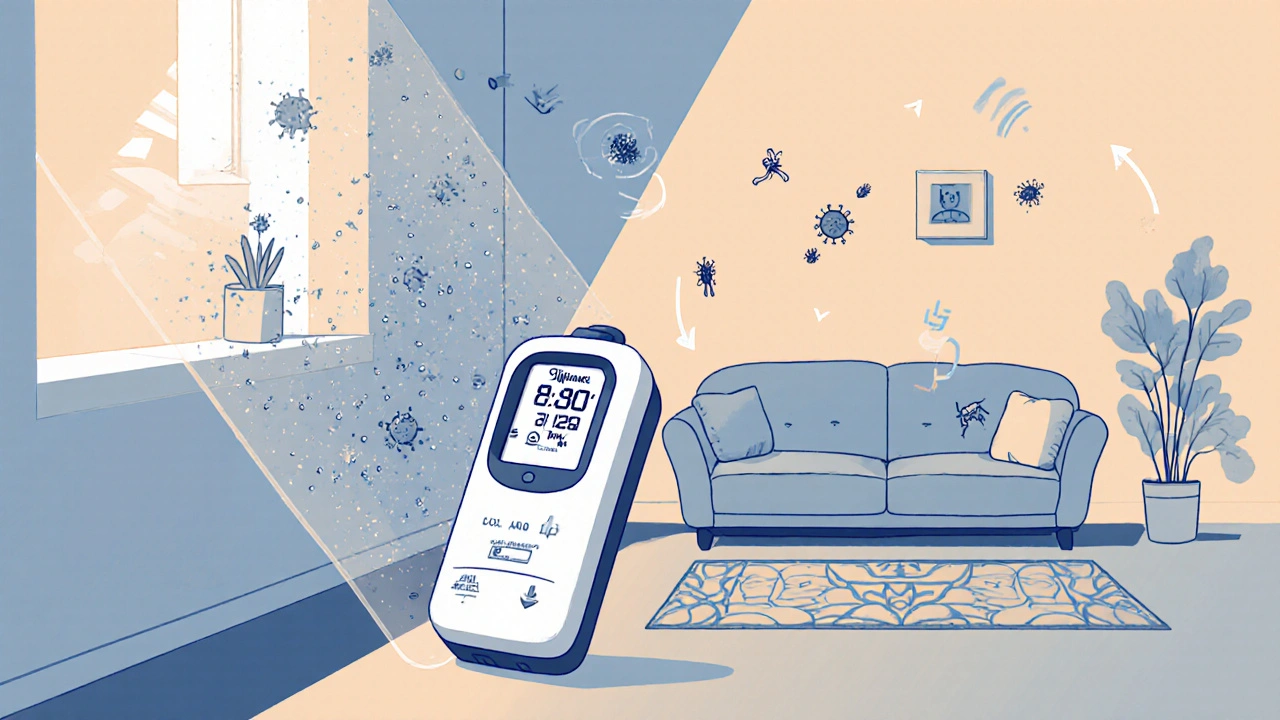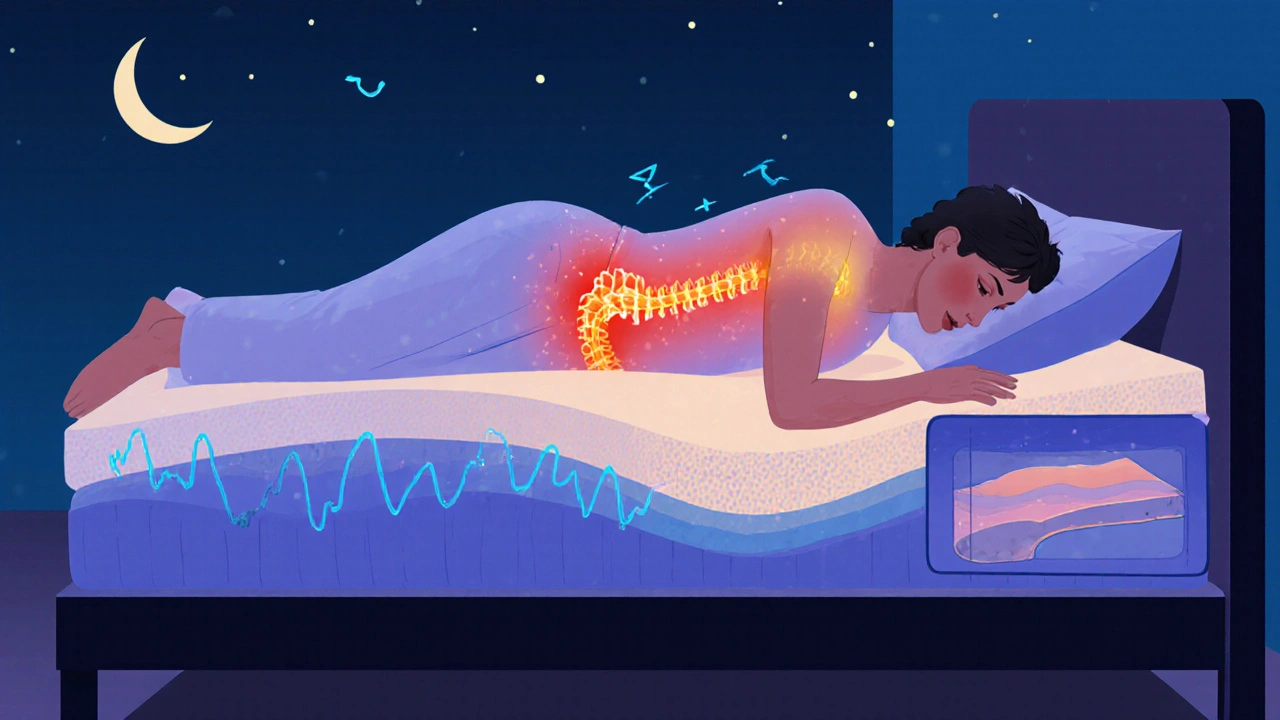Health & Wellness: Simple Tips for Better Living
Welcome to your go‑to spot for everyday health advice that actually works. Whether you’re curious about the side effects of a habit, looking for easy ways to eat better, or want a quick workout plan, you’ll find clear answers here. No jargon, just straightforward tips you can try right now.
Smoking and Bladder Health
Ever wonder if smoking does more than damage your lungs? Research shows nicotine can irritate the bladder and lead to urinary tract spasms. Those painful “needs to go” moments aren’t just random—they’re the bladder reacting to chemicals in tobacco smoke. If you notice a sudden urge to pee often, or feel cramping after a cigarette, it could be a sign your bladder is under stress.
What can you do about it? First, cut back on the number of cigarettes you light each day. Even swapping one pack for a few nicotine‑free alternatives can reduce irritation. Next, stay hydrated—water helps flush out the irritants and keeps the bladder muscle relaxed. Aim for eight glasses a day, but spread them out so you’re not overloading your bladder at once.
Finally, consider bladder‑friendly foods. Foods rich in magnesium, like bananas or almonds, help calm muscle spasms. If the spasms keep coming, talk to a doctor about a possible prescription to relax the bladder muscle temporarily. The good news is that quitting or reducing smoking often brings noticeable relief within weeks.
Everyday Steps for Overall Wellness
Beyond smoking, a few daily habits can boost your whole health picture. Start with your plate: fill half of it with colorful veggies, a quarter with lean protein, and the remaining quarter with whole grains. This balance gives you fiber, vitamins, and steady energy without extra calories.
When it comes to exercise, you don’t need a marathon. A 20‑minute walk after dinner or a short body‑weight circuit in the living room does wonders for heart health and mood. Consistency beats intensity—pick a time you enjoy and stick with it.
Supplements can fill gaps, but they’re not a magic fix. A daily multivitamin might help if your diet is lacking, and vitamin D is especially useful in winter when sun exposure drops. Remember, the best supplement is food you actually eat.
Sleep often gets overlooked, yet it’s the foundation of wellness. Aim for 7‑9 hours of uninterrupted rest. Create a night‑time routine: dim the lights, put screens away 30 minutes before bed, and keep the room cool. You’ll notice better focus, mood, and even a calmer bladder the next day.
Stress management rounds out the picture. Simple breathing exercises—inhale for four counts, hold for four, exhale for four—can lower cortisol quickly. Try it before a stressful meeting or right after a tough workout.
Putting these pieces together—cutting back on smoking, staying hydrated, eating a balanced diet, moving a little each day, getting solid sleep, and managing stress—creates a health loop that supports every part of your body, including that sometimes‑tricky bladder.
Ready to try one change today? Pick the habit that feels most doable, whether it’s swapping a cigarette for a walk or adding an extra serving of veggies. Small steps add up, and you’ll feel the difference faster than you think.
-
Boost Indoor Air Quality for All-Year Allergy Relief
Learn practical steps to boost indoor air quality and enjoy year-round allergy relief with easy ventilation, filtration, humidity control, and maintenance tips.
-
Choosing the Best Mattress to Beat Insomnia
Learn how to select a mattress that tackles insomnia, covering types, firmness, sleep position, temperature control, testing steps, and common pitfalls.
-
How Social Media Comparison Hurts Your Well-Being
Explore how social media comparison fuels discomfort, affects mental health, and learn practical steps to protect your well‑being.
-
Top Makeup Tips to Hide Eye Swelling & Puffiness
Learn effective makeup tricks to hide eye swelling and puffiness, from cold compresses and color correction to step‑by‑step application and product recommendations.
-
Does Smoking Cause Urinary Tract Spasms? Surprising Effects of Tobacco on Bladder Health
Explore if smoking and tobacco lead to urinary tract spasms, unraveling how nicotine impacts bladder health and sharing useful tips for relief.




